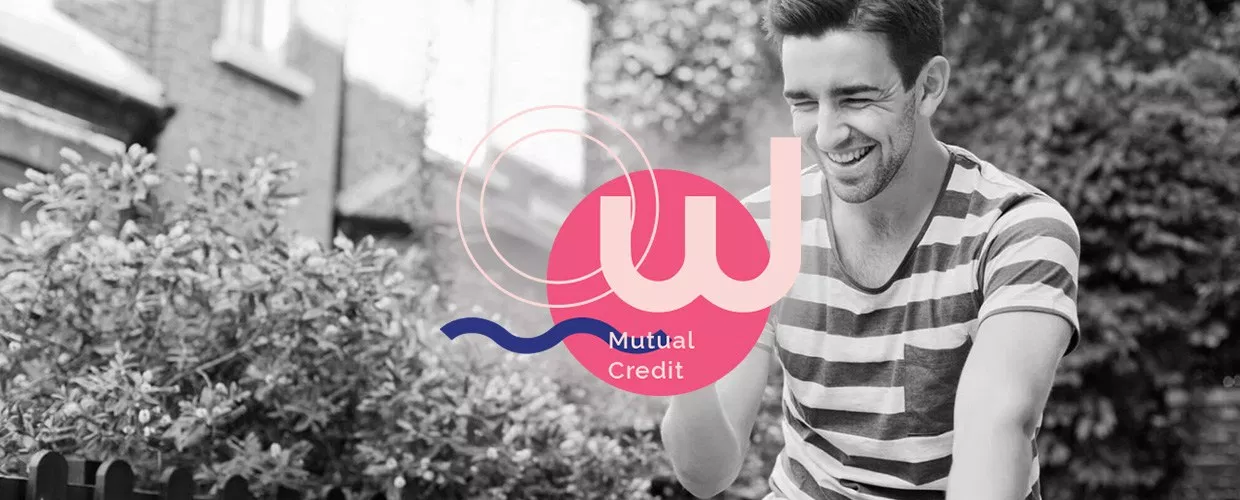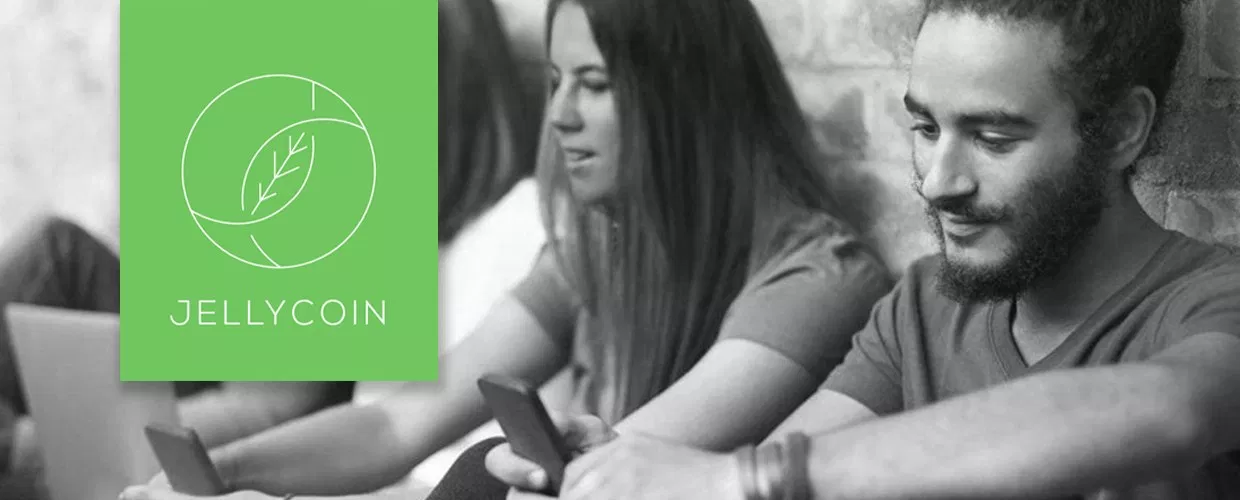Economic Hubs
Loyalty Programs Hub
Success Case: Discoin
Mutual Credit Hub
Success Case: Moneda Par
Circular Economy Hub
Success case: JellyCoin
Renewable Energy Hub
This hub generates an intelligent electric network in which energy generation from renewable sources is rewarded with the complementary currency developed for that purpose, The participants can buy and sell solar energy to each others. Some households can generate their own energy with photovoltaic panels - if they produce more than what they actually need, they can offer the surplus into the network and get as many tokens as KW delivered.
These tokens work as a complementary currency within the community: goods and services can be purchased from local businesses, as well as other households unable to generate energy. The renewable energy zone is not only beneficial to environmental care: it can also stimulate the local economy. It contributes to the creation of a city that is more autonomous, taking into account the advantages of smart grids for the power cutoff management and the reliability of the electrical system.
Commercial Credit Hub
The Commercial Credit Hub is a credit system within a business network. Each company adhering to the system can buy products by issuing tokens, that have a fixed 1 to 1 parity with the legal currency. This transaction works like a zero-interest rate credit: the company that issued tokens to buy products must pay the system administration, within a set period of time, the amount of legal tender corresponding to the number of tokens it had issued. Each token is associated with a specific credit and a specific expiration date. Let's take the example of a business that doesn't have sufficient liquidity to buy 5,000 legal tender worth of goods produced by another company in the network. Instead of going for the traditional banking system credit, this company can offer 5,000 tokens that will expire in 90 days, in exchange for the goods.
These tokens work as an internal means of payment: they can be exchanged for other products within the rest of the companies in the network. When the expiration deadline is reached, the company that has issued tokens must pay the administration 5,000 legal tender to pay off its debt. Then, the companies owning the issued tokens can swap these with the administration, in exchange for the corresponding legal tender. In that way, companies can successfully have access to short-term credit at a zero interest rate.
Municipal Currency Hub
Time Banking Hub
In this Hub, the members of a given community provide services in exchange for tokens that represent working hours. All the working hours have the same value: one hour of cooking class is equal to one hour of childcare.
In this system, the account unit is the working hour: the participants can access to a loan to obtain the services of another participant, as long as they agree to offer hours of their own work to pay off their debt. The number of hours acquired must equal the amount provided to the community, Alternatively, a community member may go into debt to take guitar lessons, with the commitment to offer his services later.





